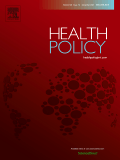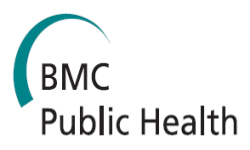
Petronille Bogaert, Marieke Verschuuren, Herman Van Oyen, Hans van Oers
Health Policy 2021. https://doi.org/10.1016/j.healthpol.2021.09.006
Abstract
European countries possess unique health information systems (HISs) and face similar health system challenges. Investigating common enablers and barriers across Europe pinpoint where HISs need improvements to address these challenges. This study aims to identify common enablers and barriers for optimal functioning of HISs across the European Union and associated countries, and to interpret what this means for the further development of HISs in Europe. A qualitative thematic analysis was carried out based on nine countries HISs assessments. Two main observations are made. Firstly, regardless of the differences between HISs, each HIS had its strengths and weaknesses and often the same barriers and enablers arose. Secondly, barriers were identified in all HIS areas. The five most important barriers are (i) fragmentation of data sources, limited accessibility, use and re-use of data, (ii) barriers in the implementation of EHR-systems, (iii) governance issues related to unclear responsibilities, discontinuous financing and weak intra- and inter-sectorial collaboration, (iv) legal gaps and General Data Protection Regulation (mis)interpretation, and (v) limited skilled staff. The enablers identified in this study lead to potential solutions to address these. Solutions can be implemented by national initiatives, but there is considerable added value in a joint European approach. Several international initiatives provide opportunities to improve HISs, but these need to be strengthened and better geared towards tackling the identified barriers.



